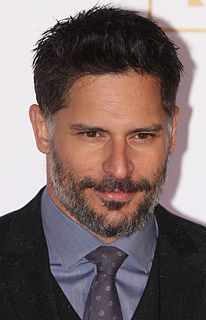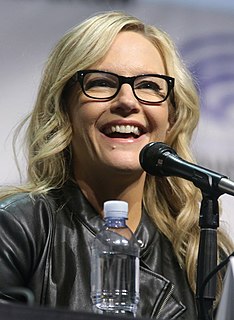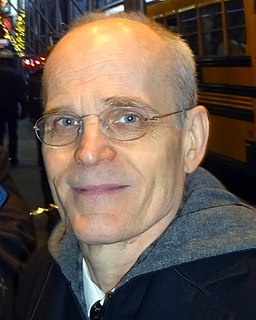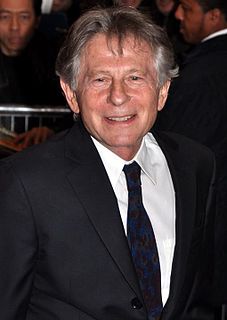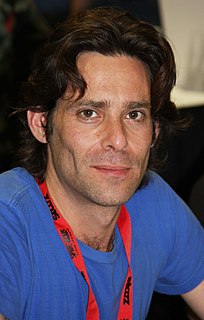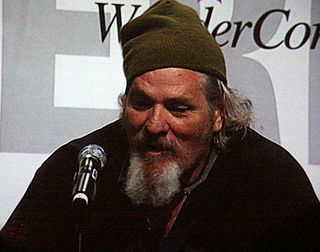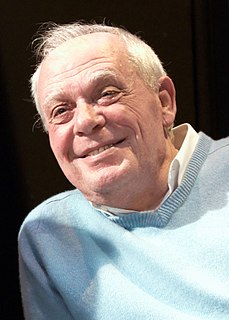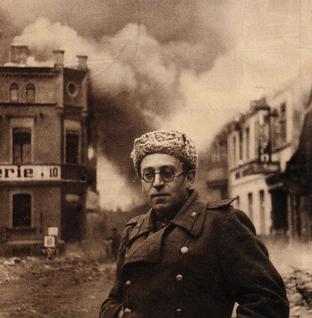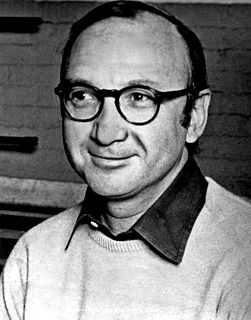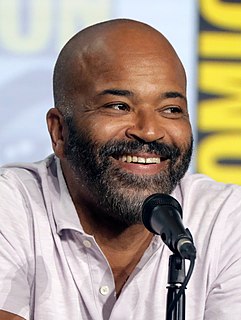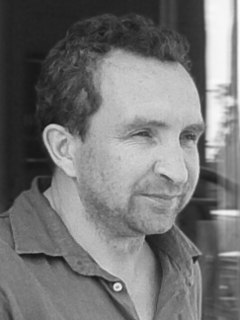Top 137 Chekhov Quotes & Sayings - Page 2
Explore popular Chekhov quotes.
Last updated on April 16, 2025.
A play is basically a long, formalistic polemic. You can write it without the poetry, and if you do, you may have a pretty good play. We know this because we see plays in translation. Not many people speak Norwegian or Danish or whatever guys like Ibsen spoke, or Russian - yet we understand Chekhov and the others.
I did The Seagull, the Chekhov play, on Broadway, a couple of years ago, and I had done it in London, and I became completely obsessed with the character, Nina, that I played in that. She's an actress. I couldn't find a play after that, that I wanted to do, because I couldn't think of doing anything else. Every part is a disappointment, once you've done that part.
In my teaching, I try to expose my students to the widest range of aesthetic possibilities, so I'll offer them stories from Anton Chekhov to Denis Johnson, from Flannery O'Connor to A.M. Homes, and perhaps investigating all that strange variation of beauty has rubbed off on me. Or perhaps that's why I enjoy teaching literature.
Chekhov said: let's put God - and all these grand progressive ideas - to one side. Let's begin with man; let's be kind and attentive to the individual man - whether he's a bishop, a peasant, an industrial magnate, a convict in the Sakhalin Islands, or a waiter in a restaurant. Let's begin with respect, compassion, and love for the individual - or we'll never get anywhere.
Chekhov used to correspond with aspiring writers, and once he gave this advice to Maxim Gorky when he was encouraging him to pare his wordy sentences: "When someone expends the least amount of motion on a given action, that's grace." The short story, by definition, embodies this notion of grace, because it requires such forceful compression to achieve its effects.
I wouldn't recommend it, because art school is a funny business. Yes, if you can find a situation where they'll give you money to live at the school and do whatever you want and pay for all your materials, if you're a painter or maybe a filmmaker, do it. But acting should be the most fun thing in the world; you're surrounded by other people who are as obsessed with Anton Chekhov as you are.
There are no whys in a person's life, and very few hows. In the end, in search of useful wisdom, you could only come back to the most hackneyed concepts, like kindness, forbearance, infinite patience. Solomon and Lincoln: This too shall pass. Damn right it will. Or Chekhov: Nothing passes. Equally true.
In Chekhov, when people leave, a carriage is taking them away forever. The stakes are so high just for someone to make a simple exit. And now we have all this access to public transportation, automobiles and jets and the Internet; we're so easily distracted, but the world is still designed to destroy you. It just happens quicker and faster now.





